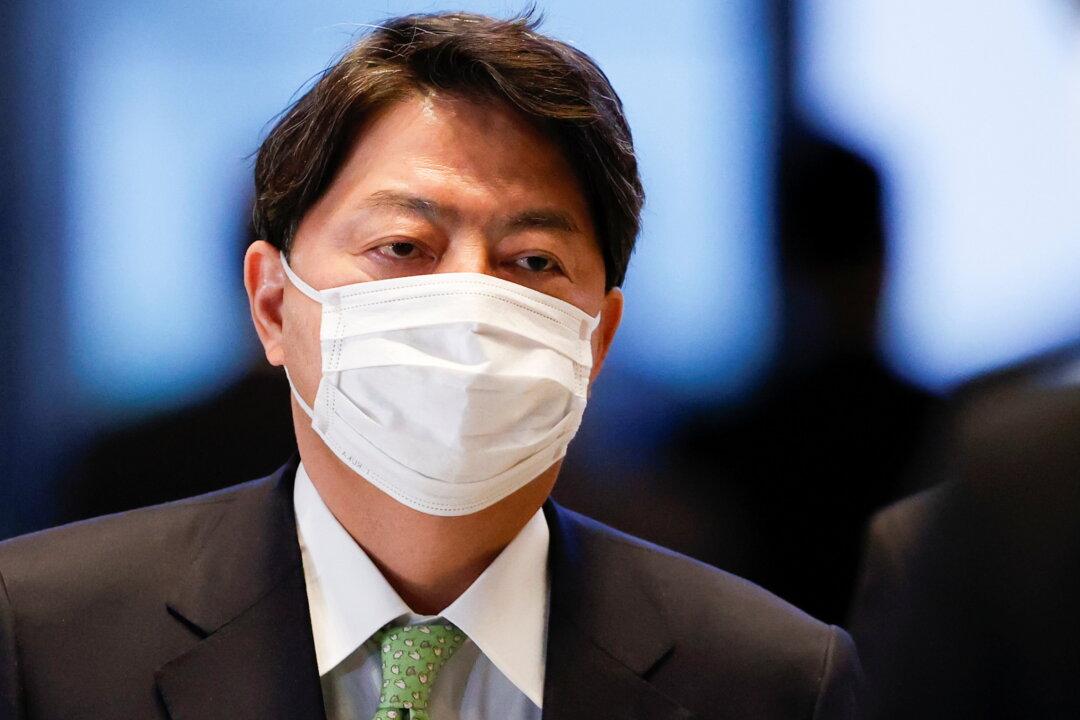Japan said Friday that it will ban exports of cutting-edge goods to Russia as additional sanctions against Moscow over its invasion of Ukraine.
According to the Economic and Trade Ministry, the ban on exports of 14 high-tech goods, including oil refining equipment, quantum computers, 3D printers, and electron microscopes, to Russia will take effect starting May 20.





